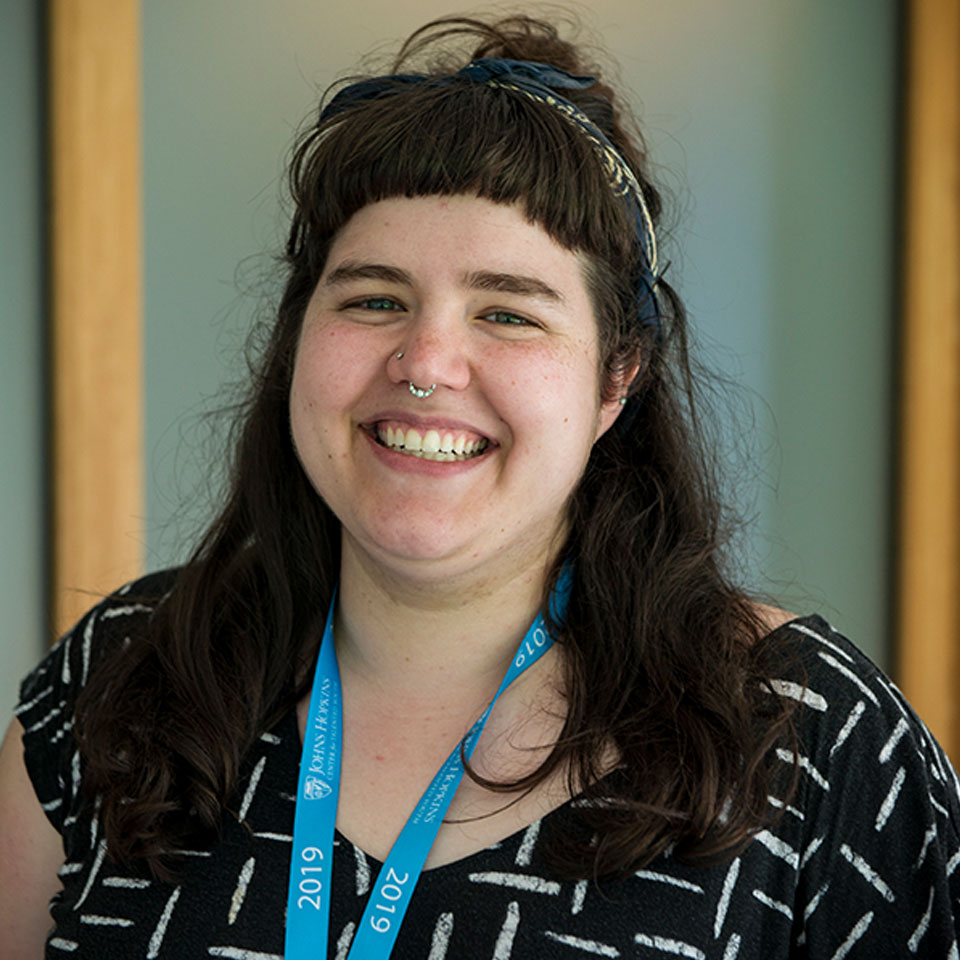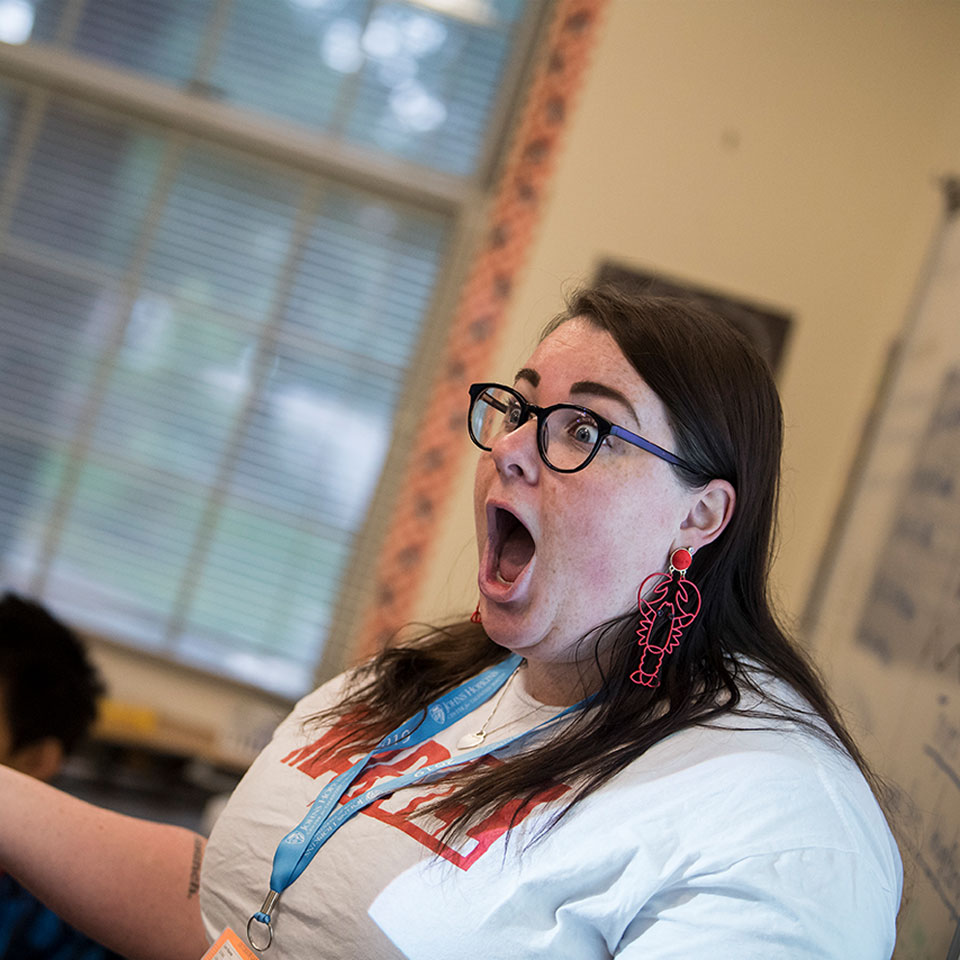Breadcrumbs
The Mathematics of Money
- Grades 7-11
- CTY-Level
-
Residential
- Mathematics
Why are round-trip fares from Orlando to Kansas City higher than those from Kansas City to Orlando? How do interest-rate adjustments affect the real estate market? How does one calculate the price-to-earnings ratio of a stock and use it to predict future performance? Mathematics plays an indispensable part in answering these questions. This course will give you a strong foundation in central concepts of business and finance, like the mathematics of buying and selling, how simple and compound interest affect the value of loans, mortgages, and interest-bearing accounts; and the impact of taxes on personal and government budgets. While examining these topics, you’ll manipulate and solve algebraic expressions and learn to apply a range of mathematical concepts, including direct and indirect variation and arithmetic and exponential growth. Through simulations, projects, and investigations, you and your classmates will grow more secure in your own financial management and enhance your understanding of the broader economic conditions that shape personal, public, and corporate investments.
Typical Class Size: 16-18
This course is
ungraded.
Summer Dates & Locations
Session One
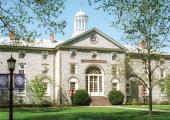
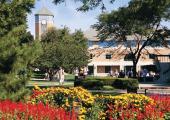

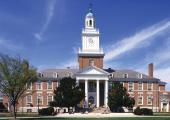

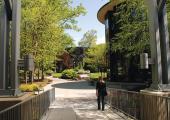
Session Two
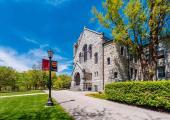





Testing and Prerequisites
| Math | Verbal | |
|---|---|---|
| Required Level | CTY-Level | Not required |
Students must achieve qualifying scores on an advanced assessment to be eligible for CTY programs. If you don’t have qualifying scores, you have several different testing options. We’ll help you find the right option for your situation.
Sign up for Testing Learn MoreCost and Financial Aid
Tuition
- Varies
Application fee
- Nonrefundable Application Fee - $55 (Waived for financial aid applicants)
- Nonrefundable International Fee - $250 (outside US only)
We have concluded our financial aid application review process for 2025 On-Campus Programs. We encourage those who may need assistance in the future to apply for aid as early as possible. We are committed to serving all talented youth regardless of financial circumstances. Financial assistance is available based on need.
About Mathematics at CTY
Explore the study of shapes
Many of our courses allow students to describe the world around them in basic and profound ways. Younger students build foundational skills by exploring shape, scale, and proportion in Geometry and Spatial Sense. Middle School students delve into real-world applications of lines and analyze data with curves that follow uniform, symmetric, bell-shaped, or skewed patterns in Data and Chance. Advanced students unveil the deep interplay between numbers and shapes, investigating how triangular, square, and polygonal numbers create patterns that bridge geometry and algebra in Number Theory. By examining these elegant number patterns and symmetries, students discover how mathematics captures the intricate beauty and underlying structure of the natural world.
Dive deep into logic and reasoning
Our courses in formal logic give you the tools to question the world around you. Inductive and Deductive Reasoning introduces younger students to different types of reasoning, as well as the strengths and weaknesses inherent in various forms of critical analysis. Older students explore how logical reasoning can explain (or fail to explain) counter-intuitive results in Paradoxes and Infinities, or take a more rigorous approach to formal logic in Mathematical Logic.


